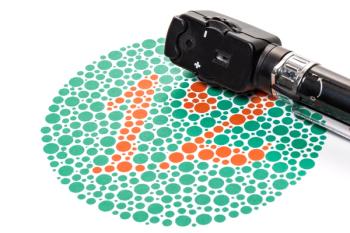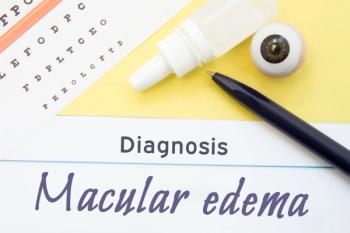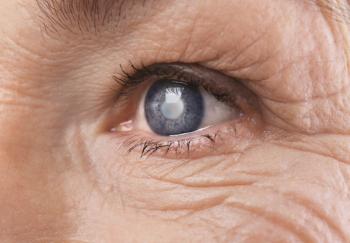
Over 200 Potentially Unsafe Eye Drops Reported to FDA
The Dry Eye Foundation reported 205 eye drops to the FDA that were not found in the FDA database.
Over 200 eye drops sold online have been recently identified to have potential safety issues by the
Of these eye drops, most are packaged to be sold in countries outside of the United States —deeming to be inauthentic. Some are advertised as preservative-free but are pictured in bottles designed for preserved eye drops and appear to be clones of national brands — among presenting other red flags.
The Dry Eye Foundation has reported all concerning products they have found to the Food and Drug Administration and maintain a watch list for consumers and physicians at
Over 60 individual eye drop products have been found on Amazon alone, outside of the remaining sold on other e-commerce sites.
After the Ezricare Artificial Tears Lubricant Eye Drops earlier this year was associated with severe eye infections in over 50 patients and one death, the Foundation increased their efforts in identifying unsafe eye drops.
To date, the Foundation has reported approximately 205 eye drops that are not found in the FDA's database, although registration with the FDA is a legal requirement for all over-the-counter eye drops.
Outside of concerns previously mentioned, other red flags reported to the FDA by the Foundation include brands selling trending scams, for example, eye drops that claim to change eye color, or selling “natural” eye drops, many of which claim to treat numerous unrelated medical eye diseases.
The extremely long list of potentially unsafe eye drops is highly concerning as dry eye is quite the common condition affecting millions of Americans every year. There are a variety of causes behind dry eye, but aging is the single highest factor, according to Penn Medicine. As people age, the production of tears decreases. Although it occurs in women and men, post-menopausal women are most affected.
There are several ways to treat dry eye, but the most common treatment is a type of eye drop over the counter (OTC) or prescription.
Using a potentially unsafe product could result to infection, serious illness, blindness or death, according to an article by UC Davis Health. An unsafe product has more of a chance of being a contaminated product or simply unfit for safely treating dry eye.
Like prescription drugs, non-prescription or OTC eye drops must have their manufacturer be registered and inspected, as well have an FDA drug listing to be considered safe. However, OTC eye drops aren’t required to have proof of safety or an FDA approval or review process unlike prescription drugs.
When purchasing safe eye drops sold online, in a pharmacy or at eye care practices, there are a few things users should look for.
According to eyedropsafety.org, safe shopping tips include:
1. Check who are you purchasing from.
2. Is it listed on DailyMed?
3. Is it preservative-free? If so, check the packaging carefully.
Newsletter
Get the latest industry news, event updates, and more from Managed healthcare Executive.

























